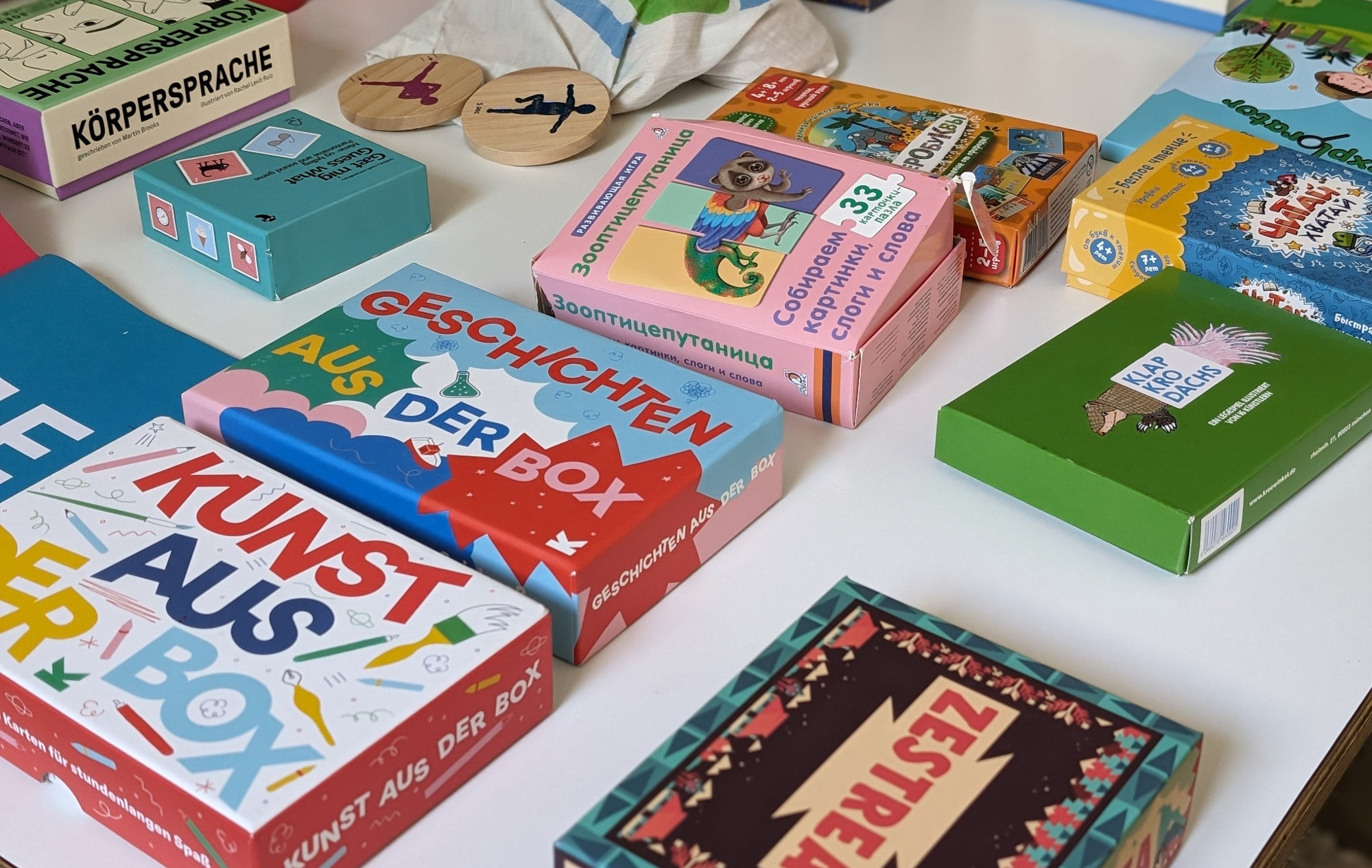About the project
The ALADIN project proposes participatory and creative, art-based new teaching tools and learning resoirces in heritage languages. designed for educators and families with migrant backgrounds to develop learning opportunities and ensure inclusion and diversity in education.
The ALADIN learning activities are based on artistic, creative and cultural learning content, participatory and blended processes that promote the bridging of intercultural, generational and social divides in EU host countries.
Below you can find out about the 4 main objectives, the implemented activities related to them and the results of the ALADIN proejct.


Objective
Enhancing the teaching of “rare”, “small” and underrepresented heritage languages such as Arabic, Hungarian, Polish, and Romanian within Western European educational systems, while offering flexible solutions for various heritage languages that encounter similar challenges, through the development of engaging, playful, and creative learning materials which encounters heritage language teachers and lerners specific needs.
Actions
- An extensive background research about heritage language teaching in Frnace and Germany with case studies about Arabic, Hungarian, Polish and Romanian.
- Interviews implemented with educators and learners to better understand their needs and challanges.
- Searching for best practices in art-based language education
- Co-designing and implementing art based teaching and learning activities adapted to local contexts and needs
Results
- A study aimed at expanding teachers’ and educators’ understanding of the policies and challenges surrounding heritage language education from three distinct perspectives: those of the institutions, the teachers, and the learners.
- A collection of art-based learning resoruces using interdisciplinary tools and gamification. Visual and digital art tools are used to practise writing skills, but also to memorise vocabulary; musical practices are used to practise pronunciation, intonation, accent and sonority. Elements of drama and other performing arts are used to develop oral and non-verbal communication skills.

Objective
Helping young people and children to maintain a strong connection with their culture and language of origin in order to strengthen their self-esteem and adapt better to the host society.
Actions
- Intergration of culturally and artistically relevant resources and references in the teaching activities supporting inclusion
- Adaptation of the learning materials to divers cultutal contexts through co-designing process
Result
Learning tools centered around cultural content along with guidance on adapting them to diverse cultural and learning contexts with resources and recommendations.

Objective
Encouraging teachers and educators to use creative language teaching methods adapted to intergenerational and blended learning processes through offering easy to implement teaching activities adapted to their needs and challanges.
Actions
- Collaboration between artists, social science researchers and teachers to develop efficient teaching tools from divers points of views
- Local implementation and testing of the learning activities within workshops and languages courses in Paris, Marseille and Berlin.
Results
- A collection of testimonials on the benfits of the use of art-based pratcices in language education
- A series of recommendations on how to prepere and conduct art-based worshop in diffrent learning and cultural contexts

Objective
To support migrant parents to support their children in the learning process and to gain teaching skills that can be used in their communities.
Actions
- Co-creating intergenerational co-creative exercises for small groups that can be repeated regularly at home with the participation of other family members.
- Formulating specific recommendations for parents on how to implement the activities at home
Results
- A collection of learning activities arousing interest in divers cultures of origin
- Advices and recommendations to parents on how to participate more actively in their children’s education and to transfer knowledge for members of their community.
